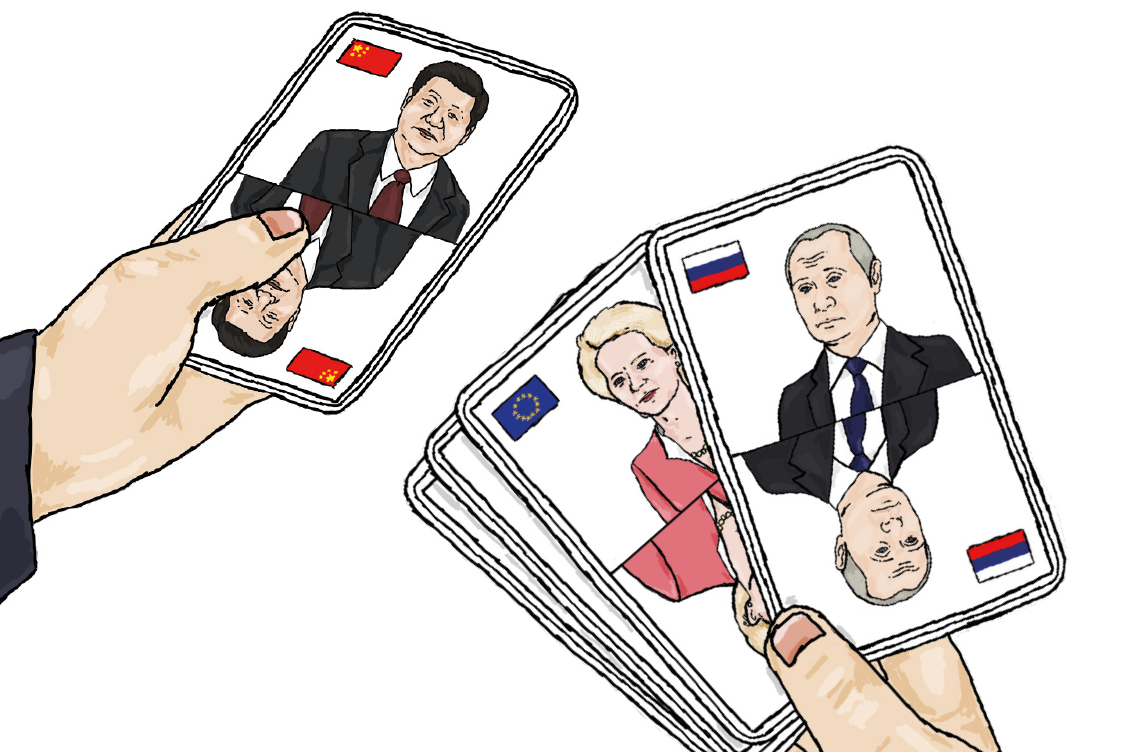In a new MapInfluenCE paper, Edit Zgut-Przybylska analyzes the link between the clientelistic hybrid regime built by Viktor Orbán‘s Hungary and Budapest’s burgeoning ties with China. The paper argues that while the Eastern Opening strategy of the Hungarian government largely has not delivered the expected results and the scale of Chinese investments remains small, bilateral projects in cooperation with China help to enrich the networks of the Hungarian Prime Minister Viktor Orbán who utilizes procurement-related clientelist corruption to consolidate power. The author analyzes the misuse of settlement bonds, the Budapest-Belgrade railway upgrade project, the Fudan University project as well as COVID-19-related purchases by the government-linked oligarch networks. The paper provides recommendations for the EU on how to address the informal exercise of power in Hungary and the negative aspects of economic engagement with China.
A Lucrative Relationship: Clientelist Corruption Underpins Orbán’s China Policy
By Edit Zgut-Przybylska|2022-07-27T12:08:28+02:0030. 6. 2022|Categories: China, China’s influence over decision-makers, Hungary, Policy and Briefing Papers|
About the Author: Edit Zgut-Przybylska
Edit Zgut-Przybylska is a political scientist and a doctoral
researcher at the European Studies Unit in IFIS PAN in Poland.
She is a re:constitution Fellow 2022/2023 and a Visegrad Insight
Fellow. Edit also holds the position of a Vice-President of
Amnesty International Hungary. Prior to moving to Poland, she
was an Analyst at Political Capital Research and Consultancy
Institute. She also worked as a foreign policy journalist at various
Hungarian media outlets.

